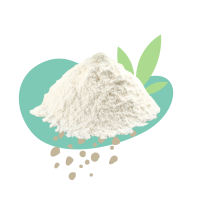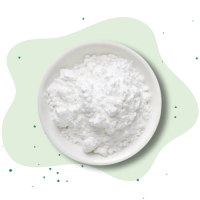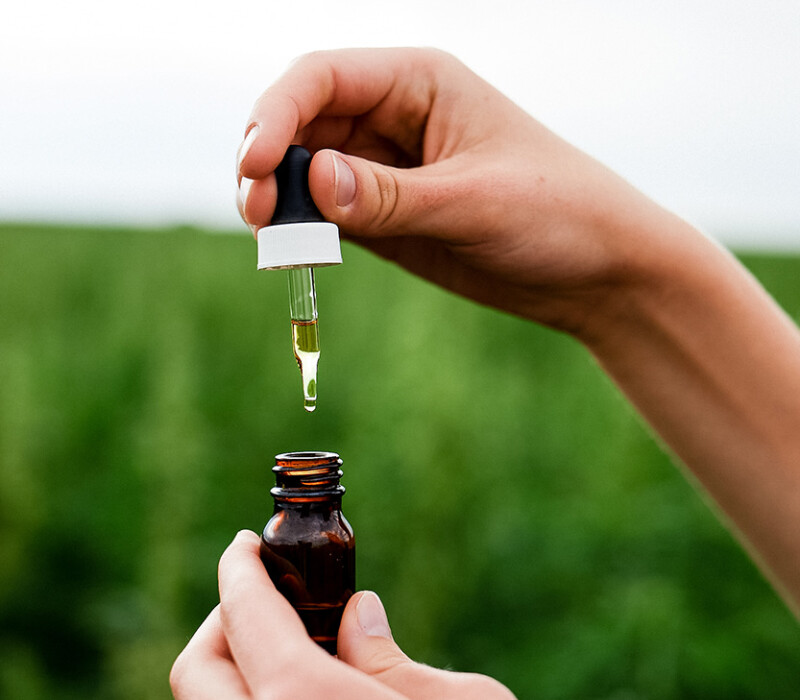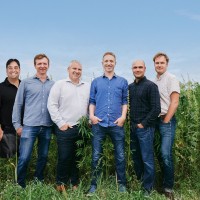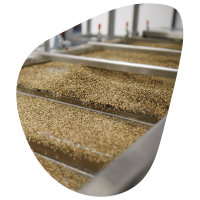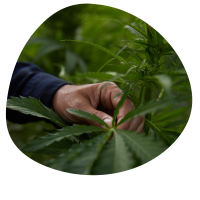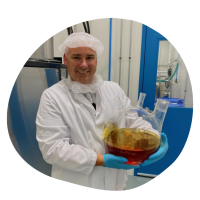Hemp is Here To Stay
Two new facilities and a combined $147 million investment will position growers in Western Canada to take advantage of new markets
Hemp’s potential as a viable cash crop just got a big boost.
Two new processing facilities, backed by a significant investment from the Alberta government, will support hemp as a valuable new cash crop for growers in Western Canada.
Blue Sky Hemp Ventures, a global leader in hemp whole plant utilization, will receive a grant of $500,000 to advance a proposed $75-million hemp food processing facility in Alberta. INCA, a globally recognized hemp manufacturing company, will receive a grant of up to $400,000. INCA will use the funding to build a new $72-million hemp processing facility in Vegreville.
Hemp burst on the scene in Canadian agriculture about a decade ago but has struggled to expand beyond a niche market. With this investment, hemp now has the potential to become a significant commercial crop in Western Canada. It is still early days – like corn in Western Canada 20 years ago – but hemp has significant upside potential.
Hemp will be grown by Western Canadian producers who are always on the lookout for an agronomically competitive crop that brings similar or better ROI than canola, wheat, and other commodities they’re growing now.
Hemp is a crop that is relatively easy to grow and requires very few inputs. The reason hemp isn’t grown across more acres in Western Canada isn’t that it’s hard to grow. What’s been missing is a facility that can produce products the market demands without wasting a substantial amount of the plant.
Until now, hemp processors have mainly used only one part of the plant, the seed for food, or the flower for CBD, leaving behind substantial waste. Blue Sky Ventures has developed a process for “whole-plant utilization.” They can harness the full value of the grain for superfoods, flower for CBD extraction, and the stalks for a wide variety of industrial products.
With the construction of this facility, Blue Sky Ventures is avoiding the trap that has limited hemp processors – fighting for a slice of the niche hemp food market when there are much larger markets available. The hemp ingredient market is currently estimated at $100 million worldwide, while the plant-based oil market is at least $80 billion and the plant-based protein market is $50 billion.
These two processing facilities in Alberta will open the door to big new markets. For food and cosmetic markets, Blue Sky can process hemp proteins with high concentration without using nasty solvents while maintaining all of the health properties of the seed, including its nine essential amino acids. The company can also produce cold-pressed purified hemp seed oil that has a smoke point above 400°F with three times the fatty acid content of other high-temp cooking oils (a perfect ratio of Omega 3&^). That makes hemp seed oil more than just something to drizzle on a salad – it takes it into mainstream, commercial cooking applications.
Once it’s completed, the facility in Alberta will process 35,000 mt of seed each year into innovative hemp protein concentrates and hemp seed oil for use in cosmetics and food applications.
Hemp is already proven as a viable crop for growers and well suited for Western Canada. Blue Sky expects demand to reach 70,000 acres of hemp on the Canadian prairies after the completion of just the initial phase of construction. Blue Sky already contracts ~8,000 acres of production in Western Canada.
That’s good for growers and the planet. A hemp crop cleans the soil, and needs little to no pesticides or herbicides. By using the whole hemp plant, the crop becomes a planet-friendly alternative for a range of industrial products from plastics to concrete.
The challenge with generating CBD from broad-acre industrial hemp is that the flower and leaves have very low concentrations of CBD as compared to licensed cannabis. However, Blue Sky’s biomass processing system is an extremely cost-effective way to get CBD value from the plant while also preserving grain and stalks for food and fibre applications.
Whole-plant utilization is the key. The company intends to use non-saleable waste from processing as feedstock for a pyrolysis system that will heat and/or power portions of the processing facility. Between whole-plant utilization and the facility design, products will be produced with a negative carbon footprint.
Blue Sky is one of the first hemp processors to take the whole plant utilization approach, showing their commitment to sustainable, zero-waste practices and driving value for customers, stakeholders and the planet.
The company is headquartered in Calgary and has operations in Rosetown, SK and Saskatoon, SK. Blue Sky is a private Canadian company rapidly emerging as a world leader in whole plant utilization for hemp superfoods, CBD and sustainable industrial products.




